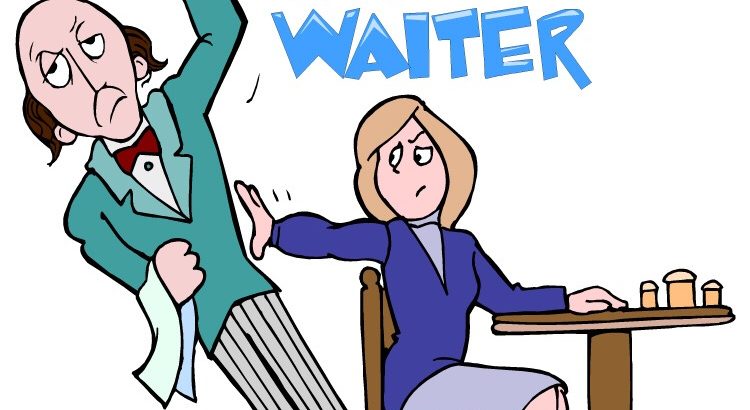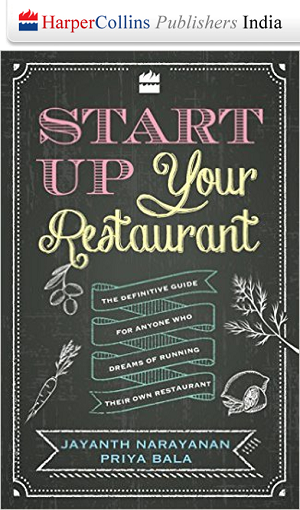
Tipping is a fraught issue in our restaurants. There are customers who feel service charge should be at their discretion, not that of the restaurant. It’s not unusual for wait staff to have to handle diners who contest the service charge on the bill. Thrifty customers may, of course, be loathe to pay that extra 10% on the price of food and drink; but even others believe that tipping works on a sliding scale dependent on how they rate the quality of the service. If it takes a while for their appetizers to arrive or an order is mixed up they are prone to think, ‘This service doesn’t deserve a tip’.
Given the ground reality, this is a flawed premise. In these times of deal-seekers increasingly wanting more for less, restaurants are often unable to charge a fair price for their offerings. By fair price I mean one that allows them to cover their costs and make a reasonable profit so the business is sustainable. In the event, the service charge, almost always distributed between the staff, is a way of supplementing their salaries.
It was while thinking about this that I came across this interview with Washington Post food reporter and columnist Tim Carman. He makes a strong case for tipping, no matter how good or bad the diner feels the service is; and this is subjective, we all know. When asked if customers shouldn’t deduct from the tip when they’ve received subpar service, he said, ‘I think diners need to ask themselves a basic question: Do you get paid when you’re having an off day? When you’re not at your best? When you’re in a bad mood? What’s more, waiting tables is hard work, and servers are only human. They may be having troubles at home, or they may be worried about a loved one. Or maybe they’re just spacing out. Who among us has not done that at our desks?’
In the US, the accepted norm for tipping is 20%. Carman maintains customers should leave this amount, always. If the service is exceptional, leave more, he urges. Here, service charge is half that, varying between 8-10%. Restaurateurs should not be apologetic about adding this to the dining bill. Carman’s perspective is a good one to take regarding this.
To nurture an environment in which diners tip happily it is important for restaurateurs to build teams that deliver high quality service. This isn’t just about training, but about giving wait staff pride in what they do. When you empower your staff to believe what they do had real value, they will conduct themselves as if they are truly deserving of that service charge.










